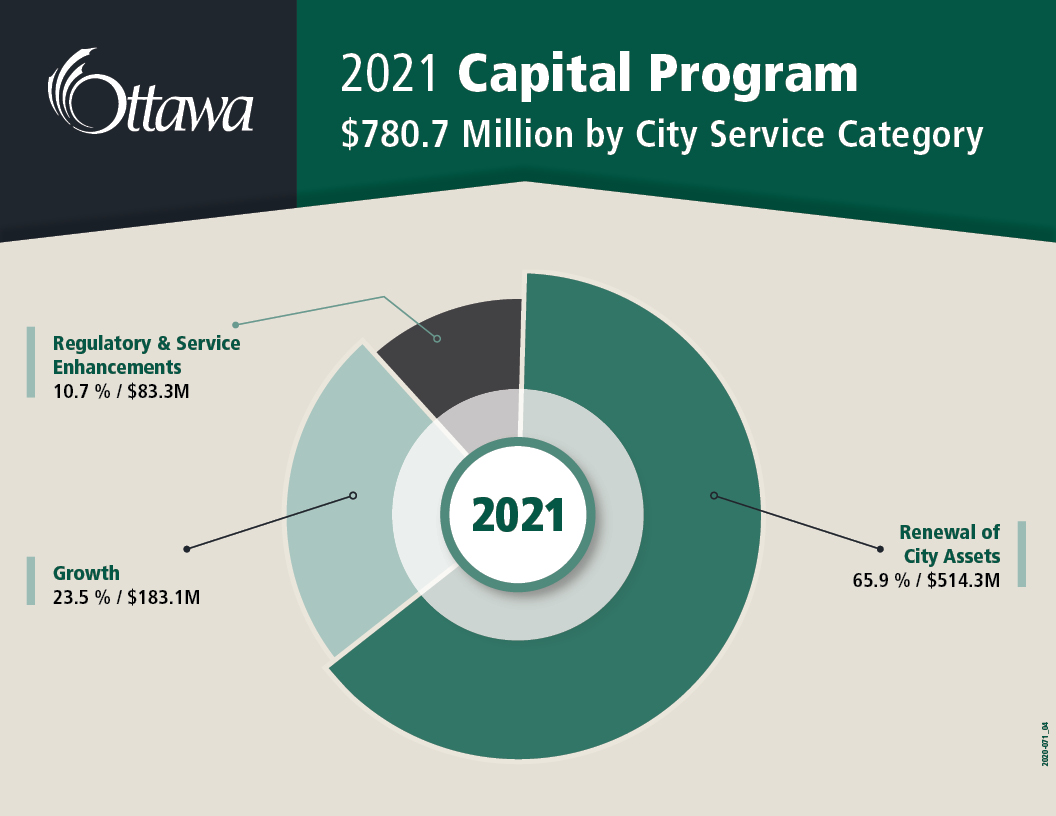

To support economic resilience and private sector engagement, the Budget requests $60 million for the new Enterprises for Development, Growth, and Empowerment Fund, an innovative effort to unlock and unleash outsized private sector impacts on global development challenges. PRIORITIZES DEVELOPING ECONOMIES AND STRENGTHENING DEMOCRACIES The Budget also requests $1.11 billion for USAID-administered Feed the Future programs to address the global food crises resulting from Putin’s unprovoked war on Ukraine and the ongoing impacts of climate change. To respond to the unprecedented global levels of humanitarian need, the Budget requests more than $10.5 billion in humanitarian assistance ($6.5 billion through USAID-administered accounts) to respond to an average of 75 crises annually in more than 65 countries, including Ukraine and Syria, new and emerging crises, and natural disasters. LEADERSHIP IN HUMANITARIAN ASSISTANCE AND FOOD SECURITY KEY HIGHLIGHTS OF THE FY 2024 PRESIDENT’S BUDGET REQUEST SUSTAINS U.S.

role in the Indo-Pacific, and advance American prosperity globally through new investments to respond to these unprecedented and extraordinary times. The FY 2024 President’s Budget also requests both mandatory and discretionary resources to out-compete China, strengthen the U.S. The request also includes funding to respond to complex emergencies, invest in lasting food security, address rising inequality, and promote equitable economic growth and inclusive development. The request includes vital assistance to support Administration foreign policy priorities, including additional resources to assist the people of Ukraine and those impacted by Putin’s brutal and unprovoked invasion.

The President’s Fiscal Year (FY) 2024 Budget Request for the State Department and the United States Agency for International Development (USAID) is $63.1 billion for foreign assistance and diplomatic engagement, which includes $32 billion in foreign assistance for USAID fully- and partially-managed accounts, $3 billion (10 percent) above the FY 2023 Adjusted Enacted level.


 0 kommentar(er)
0 kommentar(er)
